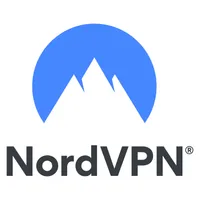How does a VPN work?
Wondering how a VPN works? Here's everything you need to know
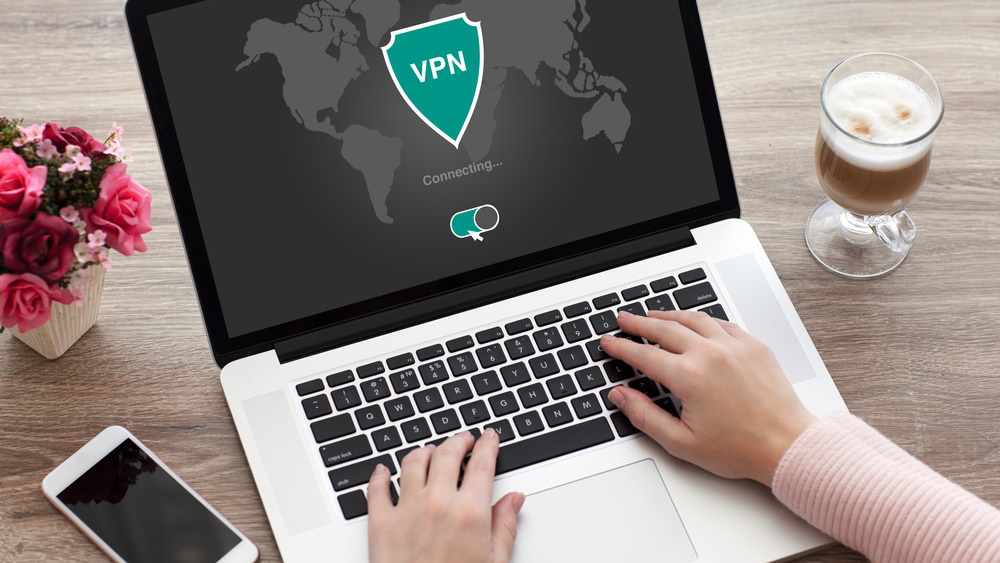
Here at Tom’s Guide our expert editors are committed to bringing you the best news, reviews and guides to help you stay informed and ahead of the curve!
You are now subscribed
Your newsletter sign-up was successful
Want to add more newsletters?

Daily (Mon-Sun)
Tom's Guide Daily
Sign up to get the latest updates on all of your favorite content! From cutting-edge tech news and the hottest streaming buzz to unbeatable deals on the best products and in-depth reviews, we’ve got you covered.

Weekly on Thursday
Tom's AI Guide
Be AI savvy with your weekly newsletter summing up all the biggest AI news you need to know. Plus, analysis from our AI editor and tips on how to use the latest AI tools!

Weekly on Friday
Tom's iGuide
Unlock the vast world of Apple news straight to your inbox. With coverage on everything from exciting product launches to essential software updates, this is your go-to source for the latest updates on all the best Apple content.

Weekly on Monday
Tom's Streaming Guide
Our weekly newsletter is expertly crafted to immerse you in the world of streaming. Stay updated on the latest releases and our top recommendations across your favorite streaming platforms.
Join the club
Get full access to premium articles, exclusive features and a growing list of member rewards.
As people become increasingly more aware of how many people want to get their hands on their personal data, more and more of them are turning to virtual private networks (VPNs) to improve their online security and privacy.
Beyond increasing your privacy and security by encrypting your internet connection, the best VPNs can also help you unlock entire realms of content online by getting around geo-restrictions as well as stopping bandwidth and data throttling and so much more.
VPNs are able to provide all these services thanks to crucial pieces of tech, like protocols and encryption. However, unless you're a tech expert, chances are you haven't heard of them before. In this article, I'll explore in more detail how VPNs work.
NordVPN takes the top spot in our list of the best VPN services, and it's easy to see why. It has top-of-the-line security, great speeds and is able to unblock every streaming service we tested it with.
You can choose to just sign up to the VPN, or upgrade your subscription to give you an internet security suite, with secure cloud storage, a password manager and even cyber insurance. Prices start from $3.09 per month for a two-year subscription ($83.43 plus tax for 27 months' cover), and you'll also get a 30-day money-back guarantee on all plans.
How VPNs work – in a nutshell
When you connect to a VPN, that VPN creates an encrypted tunnel. All your internet traffic is then routed through this encrypted tunnel.
As a result, your internet traffic is hidden from anyone that might be trying to snoop on it – for example your internet service provider (ISP), hackers, or even the government.
In between your device and you destination, your internet traffic heads through a server owned by the VPN.
Because of this, your IP address is also changed to one owned by the VPN. This why, if you connect to a VPN server in a different country, you'll virtually appear to be in that country.
This can be super handy for accessing content that is restricted either in or to a specific region, for example restricted social media sites or the regional catalogs of different streaming platforms.
In short, a VPN encrypts your traffic – making it impossible for anyone else to understand – and changes your IP address – which hides your real location.
What does a VPN do?
There are a lot of VPNs available on the market, but they all work in basically the same way.
As I mentioned earlier, VPNs create an end-to-end encrypted tunnel between your device and a VPN server. This routes your traffic away from your ISP's servers and through the VPN's instead.
So, any web traffic that is sent through this tunnel whether from or to your device is protected by this encryption. Your IP address is also masked by this tunnel, and you're assigned an IP address from the VPN server you connect to, instead.
This means that cybercriminals, government agencies, your ISP, and other nosy third parties won’t be able to intercept your personal data, track what you're doing online, or determine your location.
As a result of this, when you connect to a VPN server in a different country, your IP address will make it appear that you are physically within that country. Some sites (for example, streaming platforms) have worked out which IP addresses belong to VPN services, however, and will block these IP addresses to prevent access via VPNs.
However, with the help of one of the best streaming VPNs, you'll still be able to access streaming sites. This means you can watch content from across the globe, or still watch content from your home turf when you're abroad.
What is VPN encryption?
One of the most important functions of VPNs is their ability to encrypt personal data and web traffic. Using encryption technologies, VPNs ensure that credit card numbers, passwords, messages, transaction history, browsing data, and other sensitive information travels through an encrypted tunnel in undecipherable code.
How does this work in practical terms? Well, if you log into your email account, the request will be communicated to the VPN service. After establishing a connection between your device and the VPN server, the VPN then sends your login request to the VPN server through an encrypted tunnel.
Once your request lands on the VPN server, it sends the data to your email provider's server, still encrypted. The email grants the request and returns the data back to the VPN server. At this point, the VPN server also re-encrypts the data and sends it to the VPN service, where the data is deciphered and passed on, finally, to your device. It's sort of like a digital relay race – and your data is the baton.
This might seem like a long and complicated ordeal, especially as your data is encrypted and decrypted at every step of the process, but Surfshark points out that every step "happens in a second" – and sometimes "in a fraction of a second" if you have a fast internet connection. Plus, the majority of VPNs, including the most secure VPNs, use AES-256 encryption, one of the most robust encryption methods available.

What are VPN protocols?
Another important piece of the VPN puzzle are the protocols. Essentially, they're commands and processes that decide how web traffic travels from one server to another within an encrypted tunnel.
There are lots of VPN protocols out there, but the most common are:
- Secure Sockets Layer (SSL)
- Transport Layer Security (TLS)
- Point-to-Point Tunneling Protocol (PPTP)
- IP Security (IPSec)
- Internet Key Exchange (IKEv1 or IKEv2)
- Layer 2 Tunneling Protocol (L2TP)
- WireGuard
- OpenVPN
VPN services are constantly evolving, though, and protocols become outdated as quickly as new ones enter the picture.
NordVPN believes every protocol is imperfect, explaining that "each may have potential vulnerabilities, documented or yet to be discovered, that may or may not compromise your security".
Most of today's top VPN providers use OpenVPN and WireGuard as their protocols of choice as they’re highly secure and generally pretty fast.
Every encryption protocol provides a different solution to the problem of secure, private, and somewhat anonymous internet communication.
NordVPN
VPNs allow users to switch protocols, too – so, if you prefer one over the other, it's not a problem. All you'll need to do is head into the settings menu of your VPN app and make your choice.
Being aware of these different protocols is important because they often determine the overall speed, security, and privacy of your VPN service. Using an outdated VPN protocol could put your data at risk.
Basically, OpenVPN, WireGuard, and proprietary protocols like ExpressVPN's LightWay and LightWay Turbo, Hotspot Shield's Catapult Hydra, and NordVPN's NordWhisper are widely regarded as safe, with IKEv2 also being used by the best mobile VPN apps.
Other protocols have their uses, sure, but if you're using a modern VPN (and you want the best balance of speed and security), you'll want to stick with these tried and tested options.
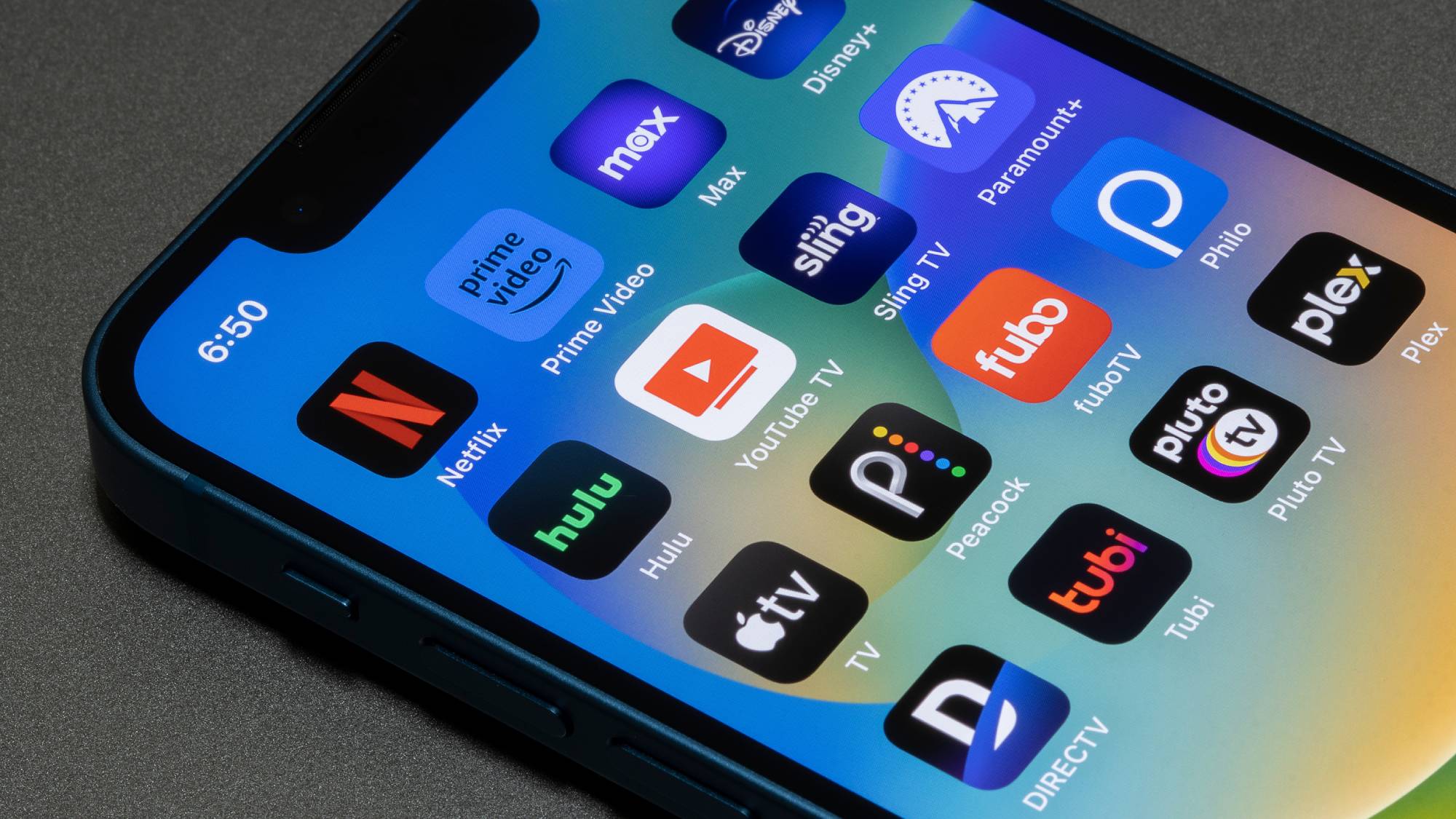
How do VPNs unblock streaming sites?
VPNs can do way more than just encrypt your data, however. With the help of one of the best Netflix VPNs, you'll also be able to access all sorts of streaming libraries and their region-locked libraries, without being hampered by pesky geo-restrictions.
The how is pretty straightforward. Most premium VPNs have thousands of servers dotted across the globe. Take your pick of these servers, connect to one, and you'll be given a new IP address based in that same location. This is what fools sites into thinking you're there, too, and means you’ll be able to access country-specific services.
For example, if you're in the UK and want to check out what’s on US Netflix, you'll need to connect to a VPN server in the US. Then, reload Netflix, and the site will see that you're connecting from a US IP address and think you're in the States, too. You'll be served up all the best American Netflix content on a platter – simple.
How do VPNs keep me safer online?
So, a VPN boosts your security when you're online by encrypting the data you send, keeping it safe from prying eyes. Your ISP can see that you're connected to a VPN (or, at least, that you’re connected to an encrypted server somewhere), but the data traveling through its systems will be encrypted, so the ISP won't be able to make any sense of it.
As a result, your ISP won't be able to leverage your data for its own ends – like selling it on to advertisers or giving up details to authorities if requested.
VPNs can also keep you safe when using unsecure public Wi-Fi hotspots – the kind you find in hotels, cafes, and airports. These hotspots are handy, sure, but they lack security measures, making them hotbeds of cybercriminal activity. With a VPN, though, your data will remain encrypted and unreadable to anyone trying to get their hands on it.
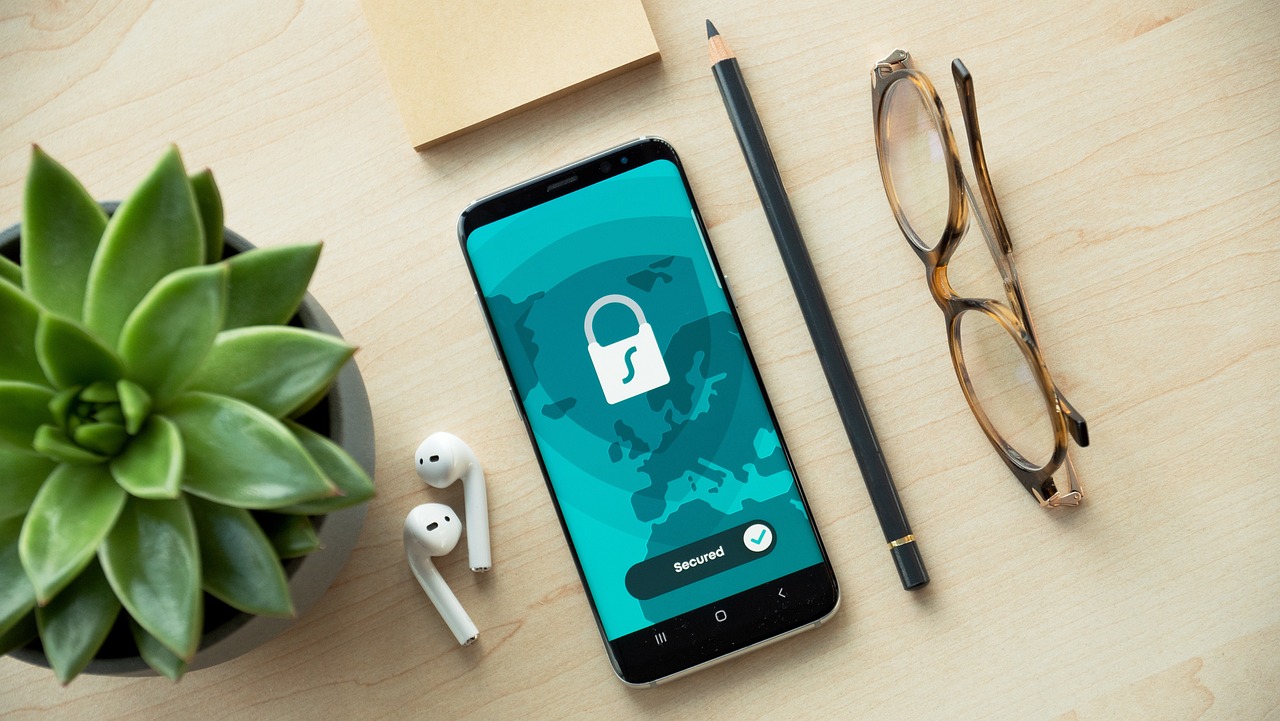
Are VPNs illegal?
The short answer is: no. VPNs are perfectly legal in the vast majority of countries – but there are a few exceptions.
Some countries have banned VPNs, with China being the obvious example, although it's unclear how this might be enforced. For example, there are no reports of any visitor being arrested for using a VPN in China, even though they are illegal there.
Another thing to keep in mind is the fact that any activities that are illegal when you’re not using a VPN are still illegal when you are.
What can’t a VPN hide?
A VPN can keep your internet traffic safe from snoopers, but there are a few things that it can’t disguise entirely – like the device you're using. Sites can use browser fingerprinting to collect data about your operating system and browser type to pinpoint your device type.
What's more, your VPN provider itself can, potentially, see what you're up to when you use the service. Some services log your activity – which, obviously, is less than ideal. To avoid this, you'll need to choose a secure VPN that with an audited no-logs policy which prevents it from holding on to information about your browsing.
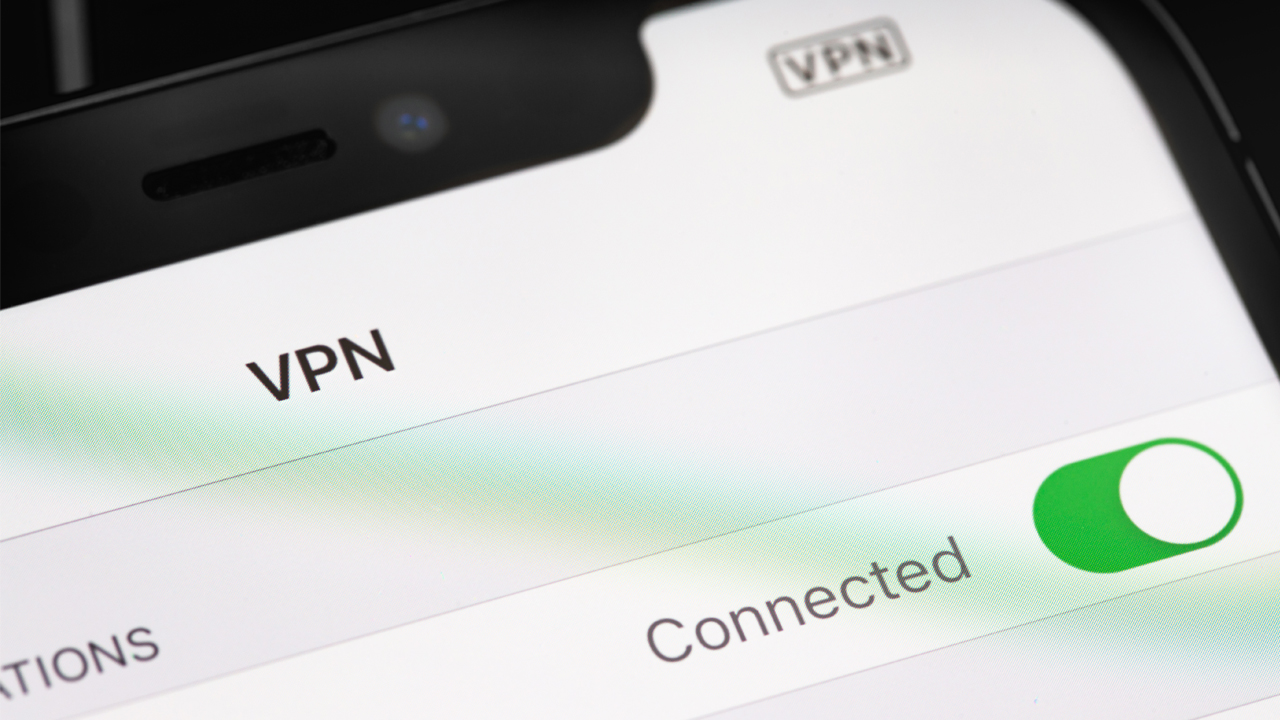
How do sites know I’m using a VPN?
The IP addresses that a VPN gives you, when you connect to one of its servers, are shared amongst its user base. That means that you could, in theory, be assigned the same IP address as someone else.
The shared nature of these addresses means that some sites have recognized that users with these IP addresses are using a VPN. By blocking the IP address, they functionally block VPN use.
However, many VPNs are also aware of this and so have come up with their own ways of getting around these blocks, like rotating IP addresses.
We test and review VPN services in the context of legal recreational uses. For example: 1. Accessing a service from another country (subject to the terms and conditions of that service). 2. Protecting your online security and strengthening your online privacy when abroad. We do not support or condone the illegal or malicious use of VPN services. Consuming pirated content that is paid-for is neither endorsed nor approved by Future Publishing.
Get instant access to breaking news, the hottest reviews, great deals and helpful tips.

River is a Tech Software Editor and VPN expert, helping take care of cybersecurity content on Tom's Guide, ranging from reviews, buying guides, and must-have VPN deals. River's expertise in the cybersecurity field opened their eyes to the startling amount of online snooping we accept into our daily lives. Now, River is committed to fighting for your right to digital privacy by shining a light on its biggest threats – and helping readers safeguard their data with the help of a VPN. Surfshark is River's favorite VPN, and they use it every day to keep their most sensitive details out of the hands of third-party trackers.
- Olivia PowellTech Software Commissioning Editor
You must confirm your public display name before commenting
Please logout and then login again, you will then be prompted to enter your display name.
 Club Benefits
Club Benefits










